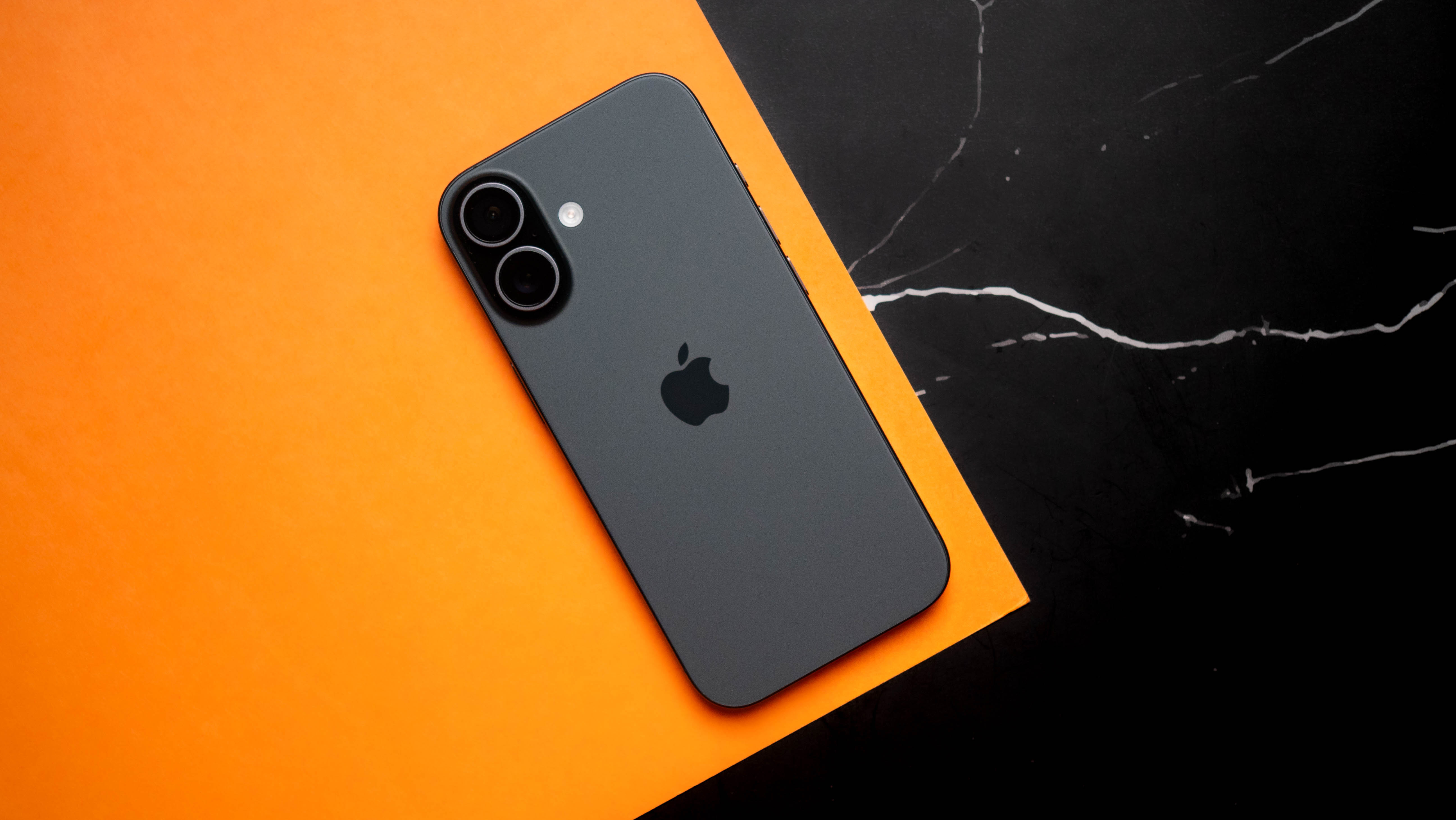We tested the best Android phones for students, and these are the top 6 picks you should consider
Students don't need to miss out on cool features and solid specs.
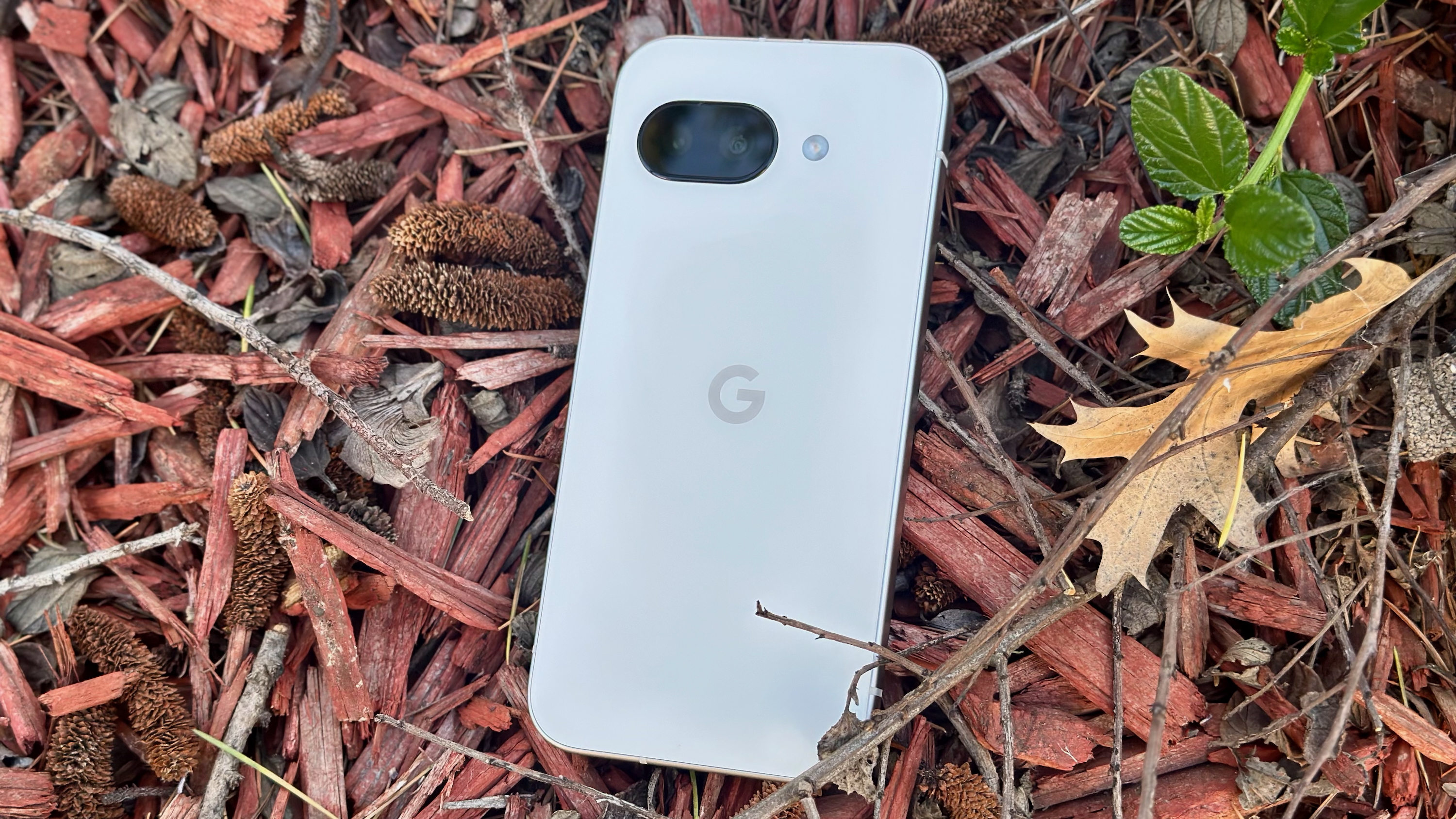
Get the latest news from Android Central, your trusted companion in the world of Android
You are now subscribed
Your newsletter sign-up was successful
When choosing the best Android phones for students, you don't have to go bargain hunting anymore as today's sub-$500 phones pack flagship-level features and performance. From stellar cameras, really fast charging, multi-day battery life, to high-end performance — you can get it all from our curated selection below.
We love the the Google Pixel 9a because it only costs $500 while providing outstanding software support and top-notch hardware. If that isn't a great fit for your needs, we have a full range of options below. Whether you're looking for a specific brand, hardware feature, or a nice commodity like a stylus for note-taking, you'll find it all in our hand-picked list.

Namerah enjoys geeking out over accessories, gadgets, and all sorts of smart knickknacks. After writing about consumer tech for nearly a decade, she has become an expert in the Android accessories space. She spends her free time guzzling coffee, writing some more, casual gaming, and cuddling with her furry best friends.
At a glance
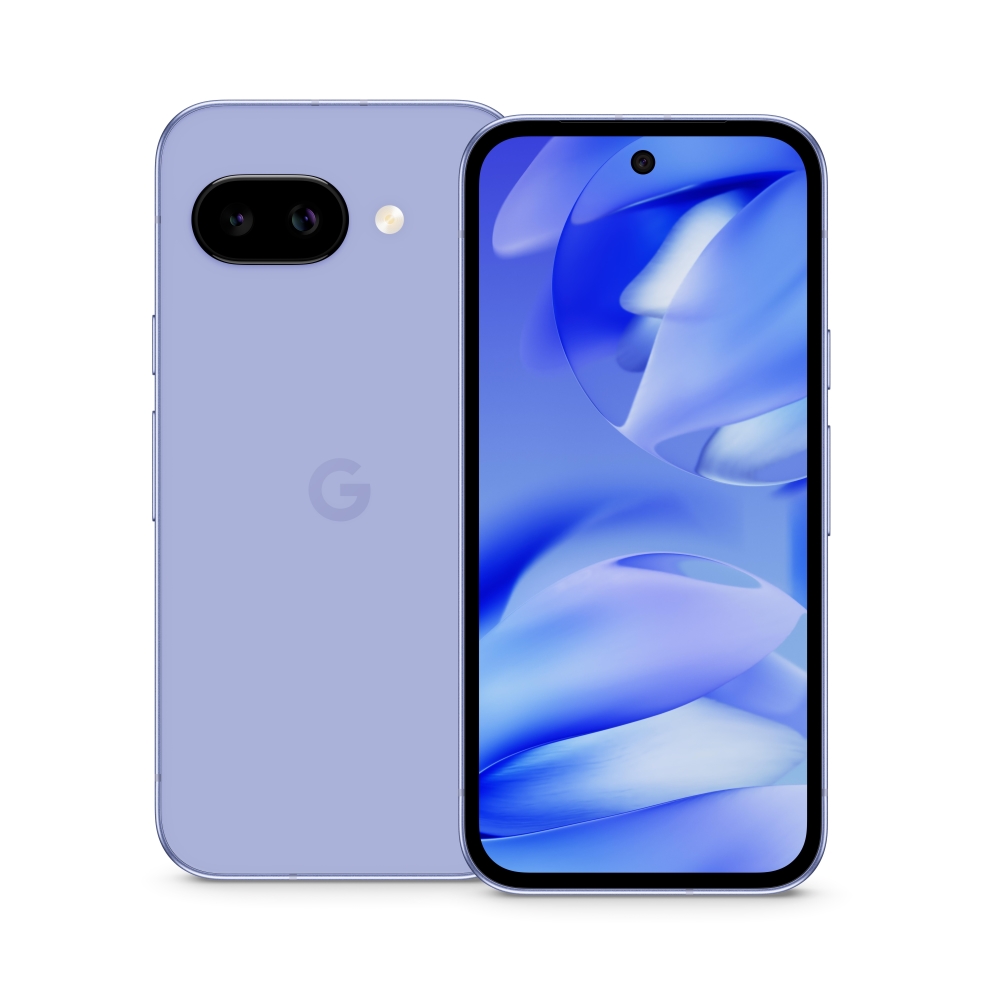
Best overall
The best phone for students is the Google Pixel 9a thanks to the good performance with the Tensor G4 SoC, seven years of software updates, massive battery, and excellent cameras.
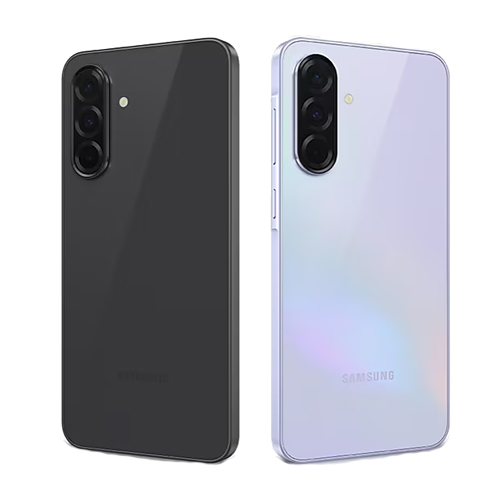
Best value
The Galaxy A36 improves on the A35 with a slimmer and lighter design, 45W charging, and six generations of OS upgrades. All this for just $399 makes it insane value for money.
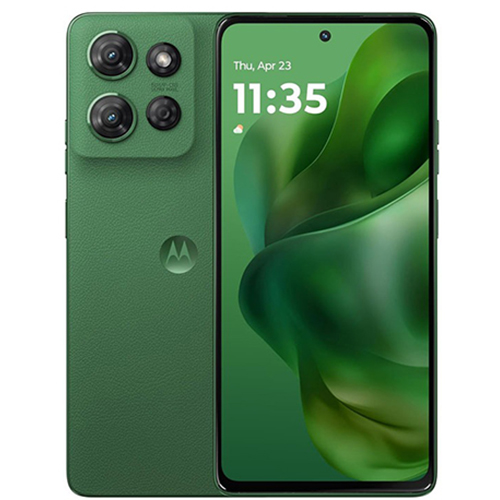
Best battery life
The Moto G Power 2025 offers a tough exterior, IP69 rating, and a large 5,000mAh battery that lasts multiple days on one charge. Motorola has also promised two OS upgrades for it, making it a great deal under $300.
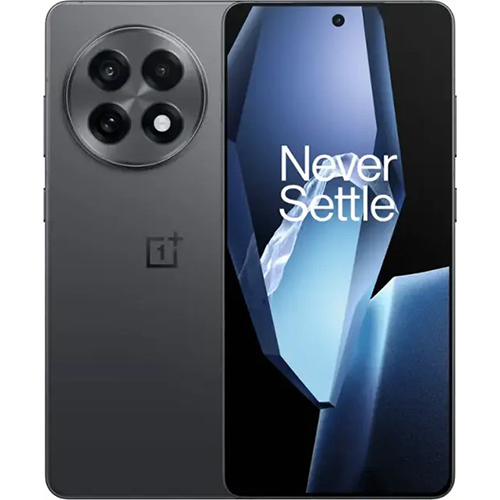
Incredible performance
The OnePlus 13R usually retails for about $550, and features a flagship processor, a fantastic main camera, very fast charging, and a superb display.
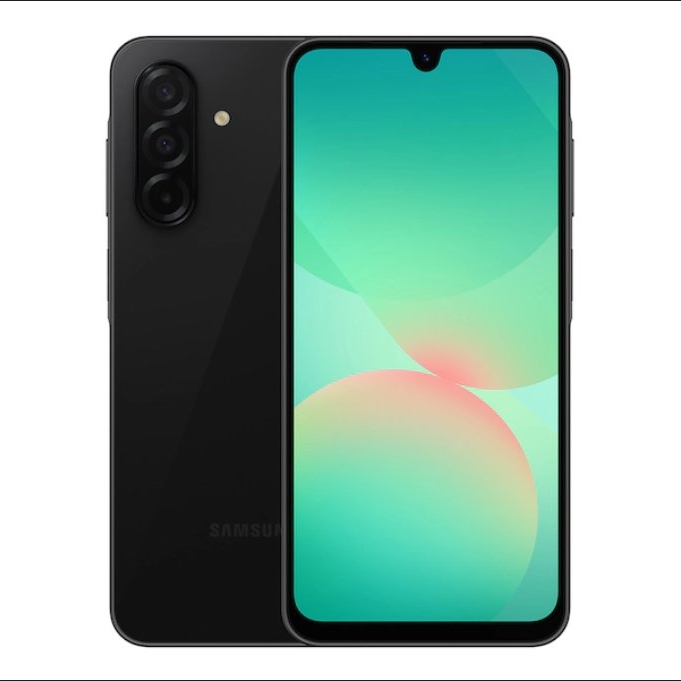
Best cheap phone
If you need something cheap, the Galaxy A26 could be the perfect fit with Android 15 out of the box, six years of updates, and an IP67 rating.
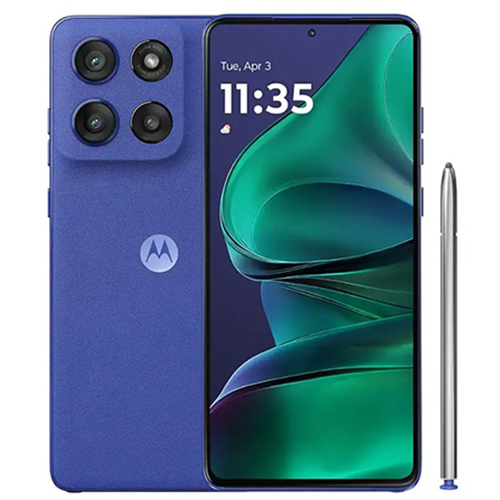
Best for taking notes
It’s impossible to ignore the Moto G Stylus 2025 with its large display and stylus. With a big battery and quick charging it’s a good value for students.
Best overall
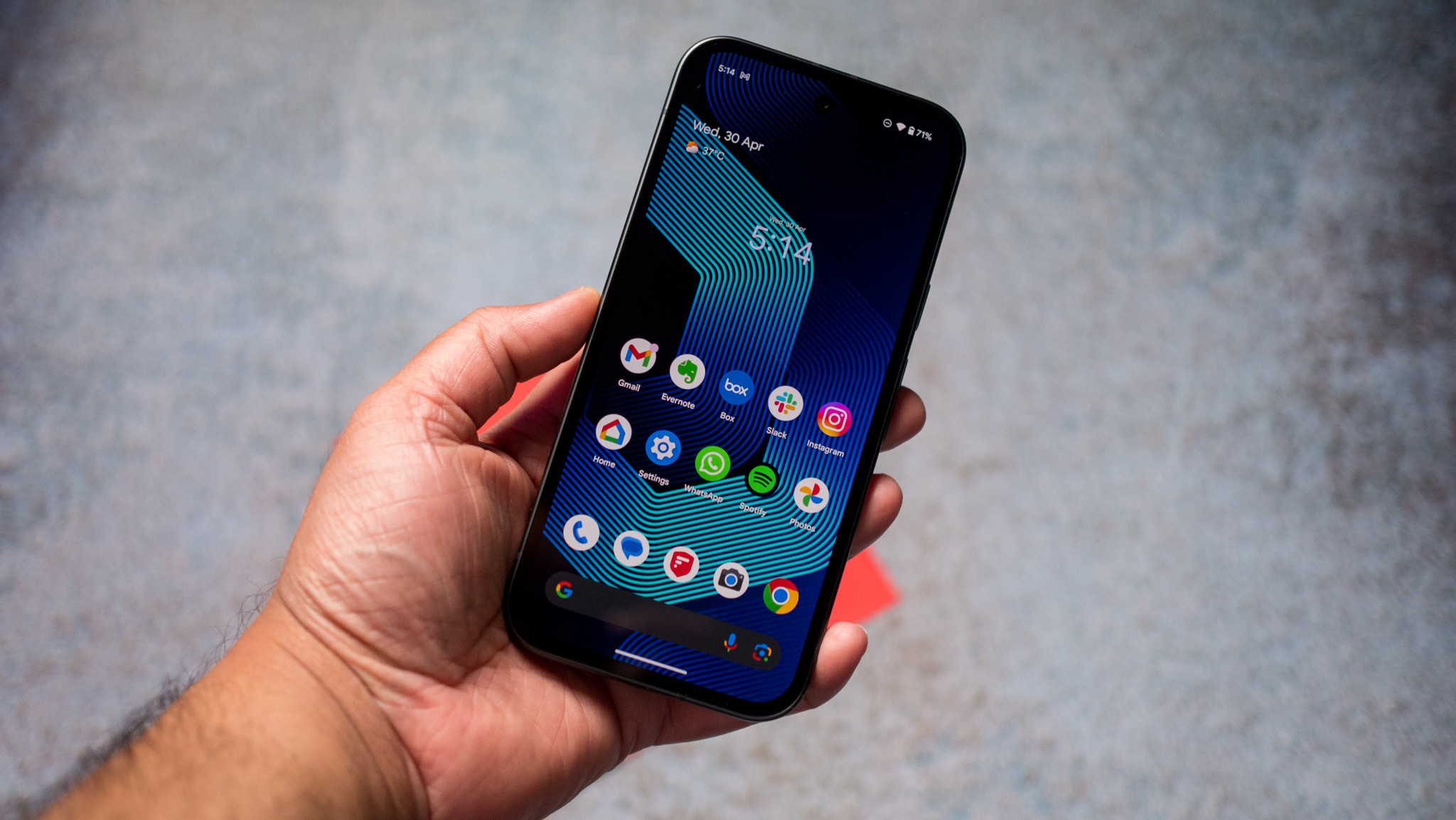
Specifications
Reasons to buy
Reasons to avoid
A student needs a phone that's both reasonably affordable and reliable so it can keep working for a few years without any major issues. The Google Pixel 9a fits the bill for many with a price tag on the low side of $500 with seven years of software updates coming from Google.
While the main line Pixel series has the most features, the Pixel A-series phones are some of the best mid-range smartphones that money can buy. This is thanks to Google's excellent camera software which makes the Pixel 9a a great phone for photographers that want something that can capture a vibrant image with automatic settings. Available with either 128GB or 256GB of storage, the 9a features a 5,100mAh battery which is even bigger than the 9 Pro XL. This should allow it to achieve incredible battery life.
The Pixel 9a is powered by the same Tensor G4 SoC as the main Pixel 9 phones. This isn't the most powerful smartphone chip available, but it still does a good job keeping up with Android 15 with 8GB of RAM. The Pixel 9a has a larger 6.3-inch pOLED display with rounded corners, similar to the Pixel 9. In fact, it has a lot in common with the Pixel 9 including many of the new AI features. Despite some early setbacks which delayed the retail launch, the 9a is all set to go on sale in the U.S. from April 10th, 2025.
Best value
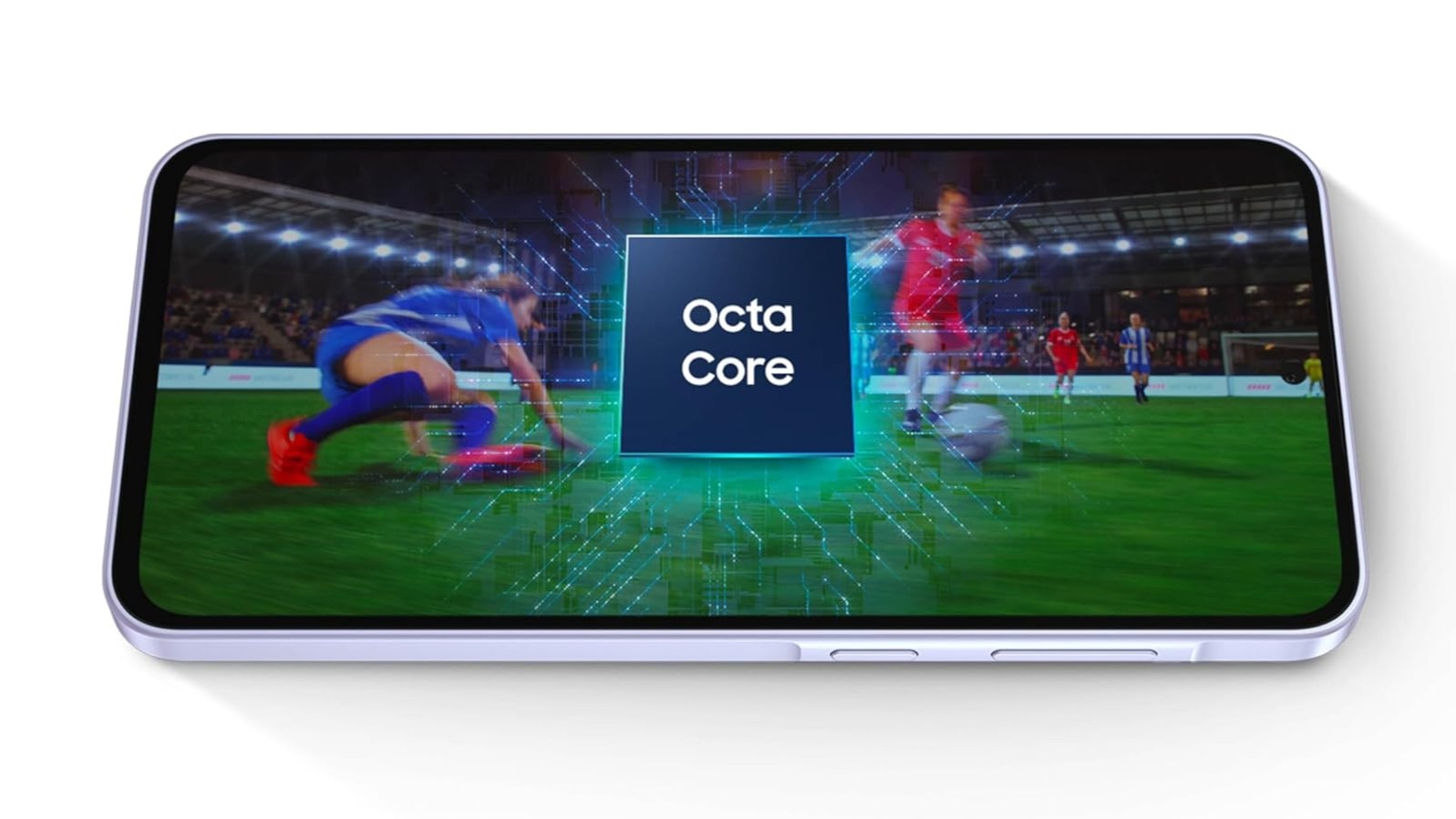
2. Samsung Galaxy A36
Our expert review:
Specifications
Reasons to buy
Reasons to avoid
For a student, the Samsung Galaxy A36 is a strong choice that keeps its price reasonably low while keeping many of the most important features. The phone is powered by a Qualcomm Snapdragon 6 Gen 3 SoC which is plenty fast for most apps and even some gaming, but can also sip power making the large 5,000mAh last all day. The display is large with a 6.7-inch Super AMOLED panel with up to 1,900nits of brightness so you can see your screen clearly while waiting on the bus. The phone comes with 128GB of storage, but unfortunately misses out on storage expansion.
While it lacks wireless charging, this phone’s 5,000mAh battery can be charged relatively quickly at up to 45W. You should be able to easily make it to the end of the day, so you’re not stuck looking for an open outlet in a crowded lecture hall. The camera system is solid with a 50MP main camera, a 5MP macro camera, and an 8MP ultrawide camera. The selfie camera is also decent with a 12MP sensor. Make no mistake, a cheap Pixel like the 9a, will turn in better-looking results, but the A36’s camera system is no slouch.
It’s also worth noting that this phone ships with Android 15 and is set to get sixAndroid generation updates and six years of security updates, so it will easily last the duration of a four-year degree, even if it takes five years.
Best battery life
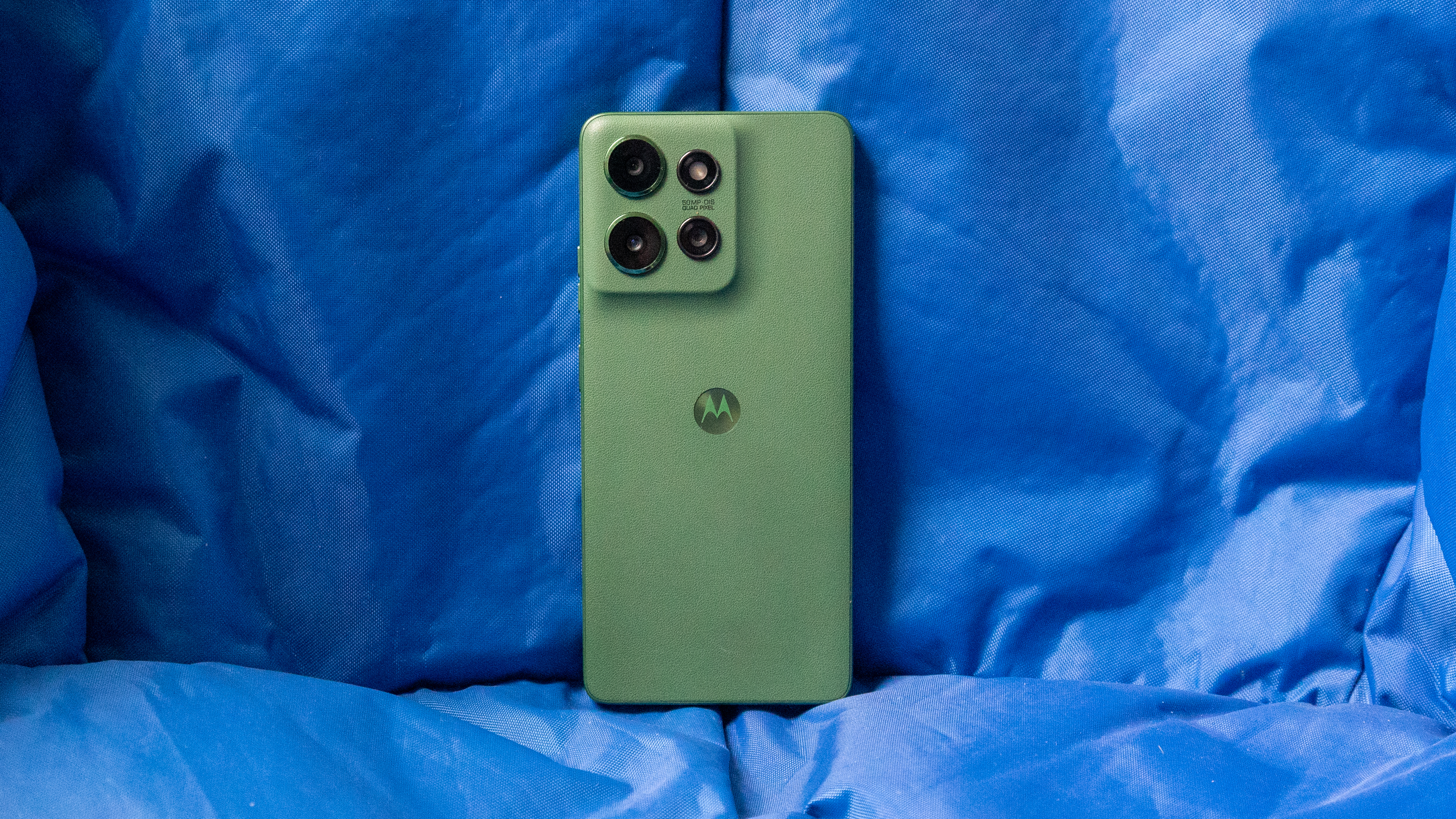
Specifications
Reasons to buy
Reasons to avoid
With a large 5,000mAh battery and relatively low power hardware, the Moto G Power 2025 should easily make it to the end of the day on a charge. It also charges quickly at up to 30W. While the phone isn’t terribly powerful, you still get a large 6.7-inch IPS LCD display running at up to 120Hz. The phone is built incredibly well and the faux-leather back panel feels nice. Motorola has also blessed it with a MIL-STD-810H and IP69 certification for toughness and weatherproofing.
The Moto G Power 2025 features a two-camera array on the back with a 50MP main shooter, and 8MP ultra wide camera. That main camera won’t keep up with the likes of the Pixel 9a, but given a decent amount of light, can still deliver some solid images. If you’re just looking for something good enough for Instagram, it’s a fine choice. Being a Motorola, you get strong support for all the major 5G bands in the U.S.. The G Power 2025 ships with Android 15 and will get two OS upgrades.
Incredible performance
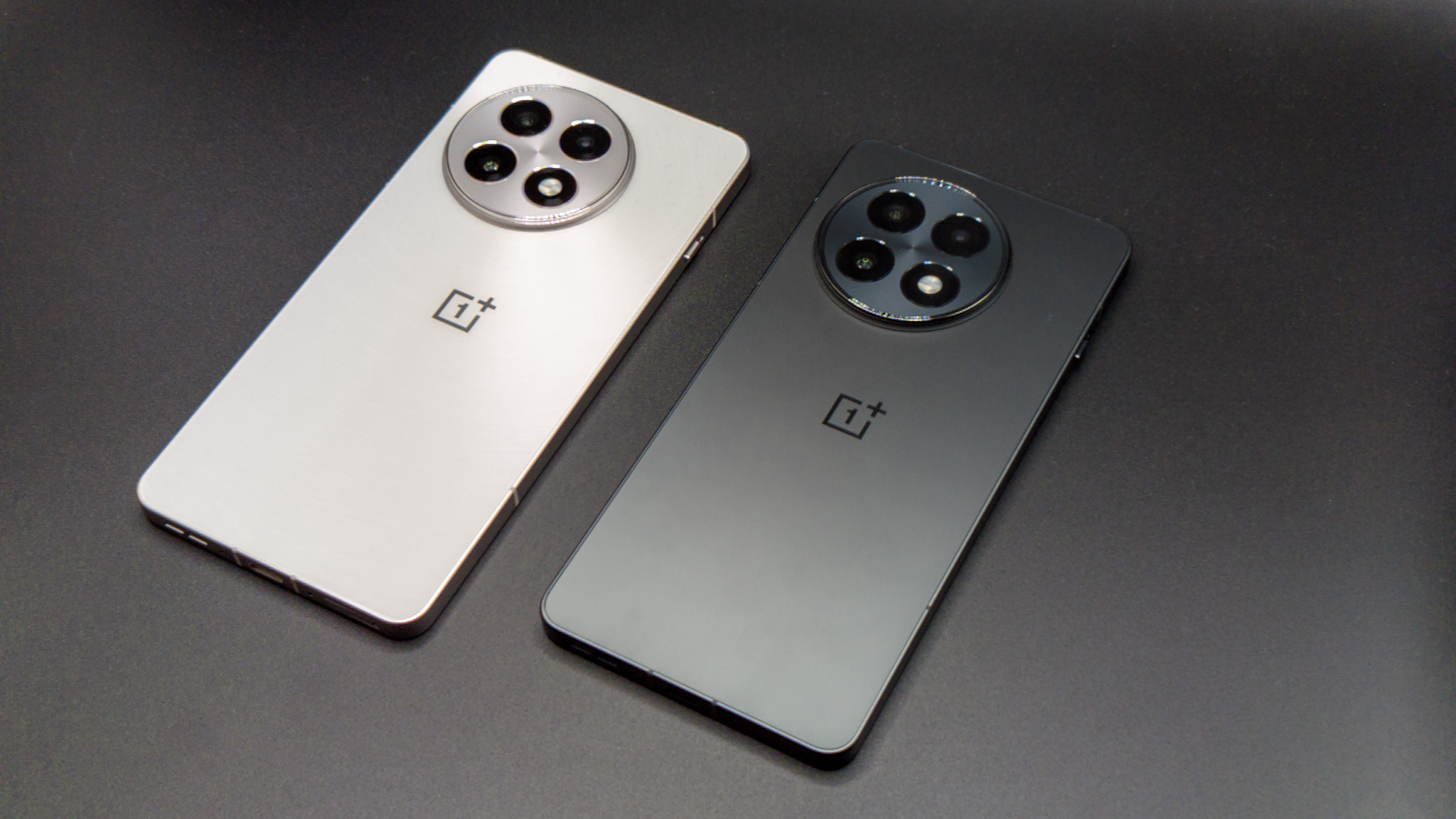
Specifications
Reasons to buy
Reasons to avoid
The OnePlus 13R is an affordable phone that looks and feels high-end thanks to a design that borrows a lot from the pricier OnePlus 13, with a powerful SoC from 2024's flagships. The Snapdragon 8 Gen 3 SoC inside this phone is plenty for the latest Android app including 3D games. The phone packs in 12GB of RAM in the cheapest model to keep it running smoothly on Android 15.
Speaking of Android, this phone is set to receive four OS updates along with four years of security updates. That's not as much as a flagship phone, but still impressive for a phone at this price.
The primary 50MP camera looks great in both well-lit and lowlight situations. The Pixel 9a is still on top overall, but for most people, both phones are excellent choices for the cameras. The OnePlus 13R is designed to work well with carriers in the U.S. with 5G support, so you can bring it to whichever carrier you want. Last but not least, this phone has a long-lasting 6,000mAh battery that supports charging speeds up to 80W.
Best cheap phone
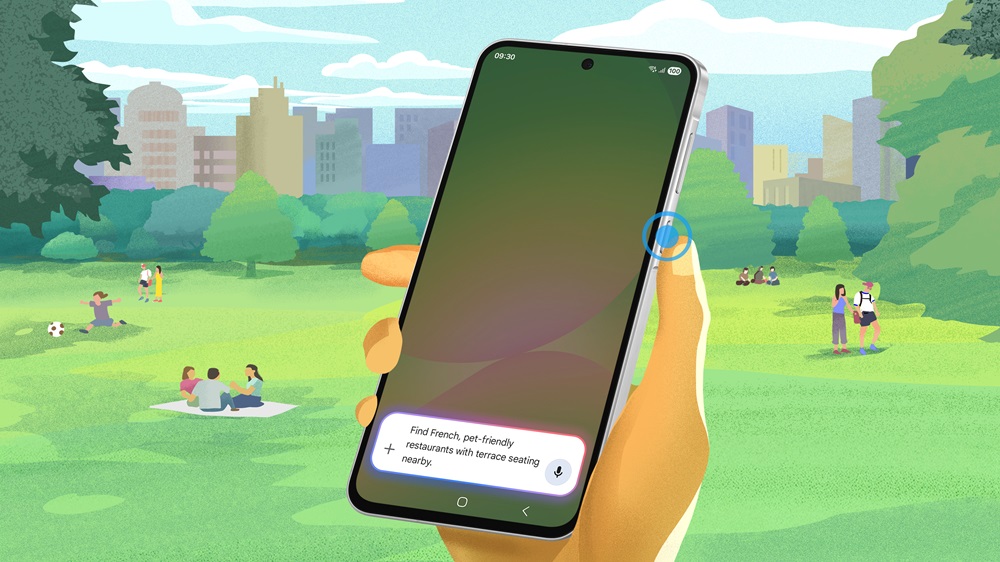
Specifications
Reasons to buy
Reasons to avoid
With a large 5,000mAh battery and relatively low power hardware, the Samsung Galaxy A26 should easily make it to the end of the day on a charge, if not more. It also charges fairly quickly at up to 25W. While the phone isn’t terribly powerful, you still get a large 6.7-inch Super AMOLED display running at up to 120Hz. The AMOLED tech in the screen means you get rich colors with good contrast. There’s a small notch at the top of the screen allowing for the selfie camera, which is a bit old school, but looks decently nice.
Speaking of cameras, this phone features a three-camera array on the back with a 50MP main shooter, 8MP ultra wide camera, and 2MP macro camera for closeups. That main camera won’t keep up with the likes of the Pixel 8a, but given a decent amount of light, can still deliver some solid images. If you’re just looking for something good enough for Instagram, it’s a fine choice. Mid-band and low-band 5G is supported on the U.S. model with Wi-Fi 5 picking up the slack.\
The two biggest reasons to get the Galaxy A26 at this price is the IP67 rating for proper dust and water resistance, and the fact that it stands to get six generations of Android OS upgrades which is unheard of for a $299 phone.
Best for taking notes

Specifications
Reasons to buy
Reasons to avoid
The Moto G Stylus 2025 has been one of the best cheap phones you can get for a few generations now, and this 2025 model is one of the best yet with impressive hardware and a striking new look. The vegan leather finish feels nice in the hand which is great if you plan on taking notes with the included stylus. Using the display feels nice and snappy with a 120Hz OLED panel capable of up to 3,000 nits with a quick Snapdragon 6 Gen 3 with 8GB of RAM behind it. It even has a headphone jack and microSD card slot for storage expansion.
This phone has a large 5,000mAh battery, which is fairly common for budget-oriented phones, but what’s less common is the 68W wired charging support and 15W wireless charging. When it comes to the camera, the main 50MP sensor and 13MP ultra-wide camera produce some nice images, though they aren’t the best you’ll find at this price. Still, with how much this phone gets right in other areas, it’s easy to forgive.
One thing Motorola gets very right is carrier support with full 5G band support for AT&T, T-Mobile, and Verizon. That means you can shop for the best value phone carrier so you don’t waste money on a bunch of carrier features you don’t really need. Plus, most campuses have Wi-Fi anywhere you might find a student, so you may not even need that much data. If you do, however, 5G support is strong and should give you strong speed on any carrier.
How to choose
You don't have to break the bank over the best Android phone for students
Why you can trust Android Central
Android phones are great for students thanks to powerful hardware for multitasking, good integration with ChromeOS and Windows laptops, and unique designs to that can fit anyone's needs. Any of the Android phones on this list will serve a student well for school, but among all of them, we have to give our top recommendation to the Google Pixel 9a.
Google's attempt at making a mid-range Pixel device turned out to be a smashing success. The Google Pixel 9a finally gets a much larger battery, and similar display and waterproofing tech as the Pixel 9. It also has incredible cameras, super clean software, and Google's robust Tensor G4 chipset make this a phone that's genuinely enjoyable to use.
Among all of that, though, another big reason the Pixel 9a stands out is because of its post-purchase support. Since this is a phone made by Google itself, it's set to get updates early with seven years of OS updates promised by Google. That means you'll be able to keep using this phone for years before you need to spend on a new one.
What accessories do students need?
Whether you're starting college or are on the last stretch at high school, you'll want a few accessories to make the most of your smartphone. First of all, a strong case will help you phone survive a few more bumps and drops. You can get a lot of great cases for the Pixel 9a that offer extra protection if it falls down a few stairs at a new dorm, or falls out of a pocket while rushing to class.
A portable power bank can also be useful to bring with you whether you forgot to plug your phone in the night before, or find that your laptop drained its battery in your backpack. With so much tech supporting USB-C, having a power bank can keep you going till the end of class without needing to run a charging cable across the aisle in a lecture hall. Many of these phones don't come with a charger, so a good USB-C charger is a must-have.
Picking up some wireless earbuds can also be great for getting work done outside of your dorm room. If you're easily distracted by noise and talking, picking up some of the best wireless headphones or earbuds to use with your phone and laptop can help you get some peace and quiet. They can also help when you need to attend an online lecture or meeting and just can't find a quiet place to be. This can be especially difficult when you need to complete a task by 11:59pm on a Friday and you've been responsible enough to get started by 11:00.
Get the latest news from Android Central, your trusted companion in the world of Android

Namerah enjoys geeking out over accessories, gadgets, and all sorts of smart tech. She spends her time guzzling coffee, writing, casual gaming, and cuddling with her furry best friends. Find her on Twitter @NamerahS.
- Samuel Contreras
- Jerry HildenbrandSenior Editor — Google Ecosystem
- Brady SnyderContributor
- Roydon CerejoContributor
